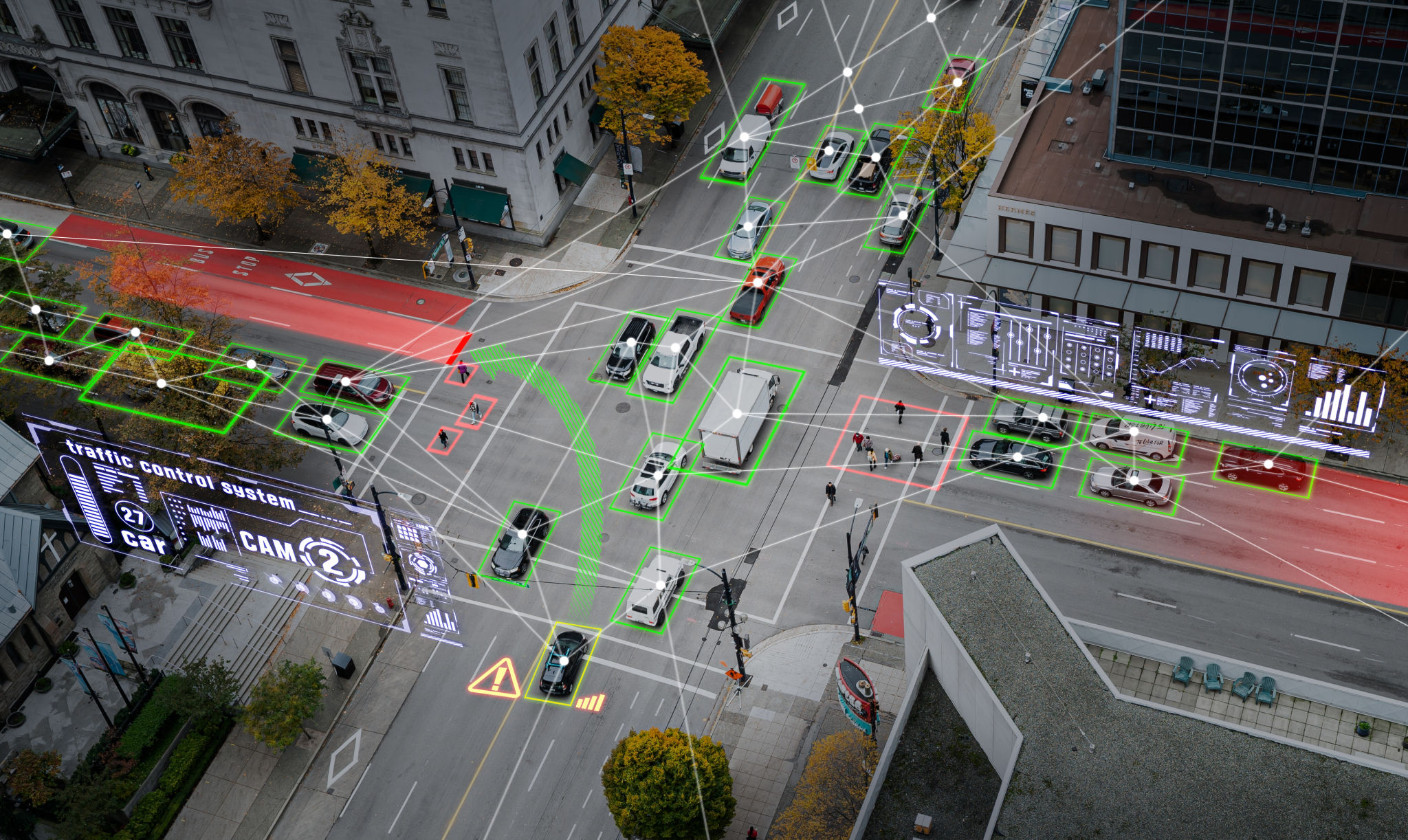R&D in Electric Vehicles: Exploring the Latest Trends and Technologies
Introduction to Electric Vehicle R&D
Research and development (R&D) in electric vehicles (EVs) is a dynamic field, driving significant advancements in sustainable transportation. As environmental concerns rise and technology evolves, the automotive industry is investing heavily in innovative solutions to enhance EV performance, reduce costs, and improve user experience.
The R&D efforts are not only focused on the vehicles themselves but also on the supporting infrastructure, such as charging networks and battery recycling. Understanding these latest trends and technologies provides insight into the future of transportation.

Advancements in Battery Technology
Battery technology is at the core of EV innovation. Recent developments aim to increase energy density, reduce charging times, and extend battery life. Solid-state batteries, for example, are gaining attention due to their potential to offer higher energy densities and improved safety over traditional lithium-ion batteries.
Another promising area is battery recycling and second-life applications. Companies are devising methods to efficiently recycle batteries and repurpose them for energy storage systems, contributing to a more sustainable ecosystem.
Fast-Charging Solutions
Fast-charging technology is crucial for the widespread adoption of EVs. R&D efforts are focused on developing ultra-fast charging systems that can significantly reduce the time it takes to recharge an EV. Innovative approaches, such as high-power charging stations and wireless charging technology, are being explored to make EVs more convenient for consumers.

Software and Connectivity
The integration of advanced software and connectivity features plays a critical role in enhancing the EV user experience. Over-the-air updates, autonomous driving capabilities, and smart energy management systems are some of the key areas where R&D is making strides.
These technologies not only improve vehicle performance but also offer new services and functionalities that can transform how drivers interact with their vehicles.
Autonomous Driving Innovations
Autonomous driving is a significant focus area within EV R&D. Self-driving technology promises to reshape transportation by improving safety, efficiency, and accessibility. Researchers are working on advanced sensors, artificial intelligence algorithms, and vehicle-to-everything (V2X) communication systems to make autonomous vehicles a reality.

Infrastructure Development
The development of robust charging infrastructure is vital for supporting the growth of the EV market. Governments and companies are collaborating to expand charging networks, making it easier for drivers to find charging stations and plan longer trips.
Innovations in grid integration and renewable energy sources are also being pursued to ensure that the increased demand for electricity does not strain existing power systems.
Sustainability and Environmental Impact
The environmental benefits of EVs are a major driver for R&D efforts. Reducing carbon emissions, minimizing resource use, and promoting renewable energy integration are primary goals. Lifecycle assessments are helping manufacturers understand the full environmental impact of EVs from production to disposal and guide sustainable practices.

Conclusion: The Future of Electric Vehicles
The R&D landscape in electric vehicles is rapidly evolving, with exciting advancements on the horizon. As technology continues to progress, EVs will become more accessible, efficient, and sustainable, paving the way for a cleaner transportation future.
Stakeholders in the automotive industry must stay informed about these trends and technologies to remain competitive and contribute to a more sustainable world.
